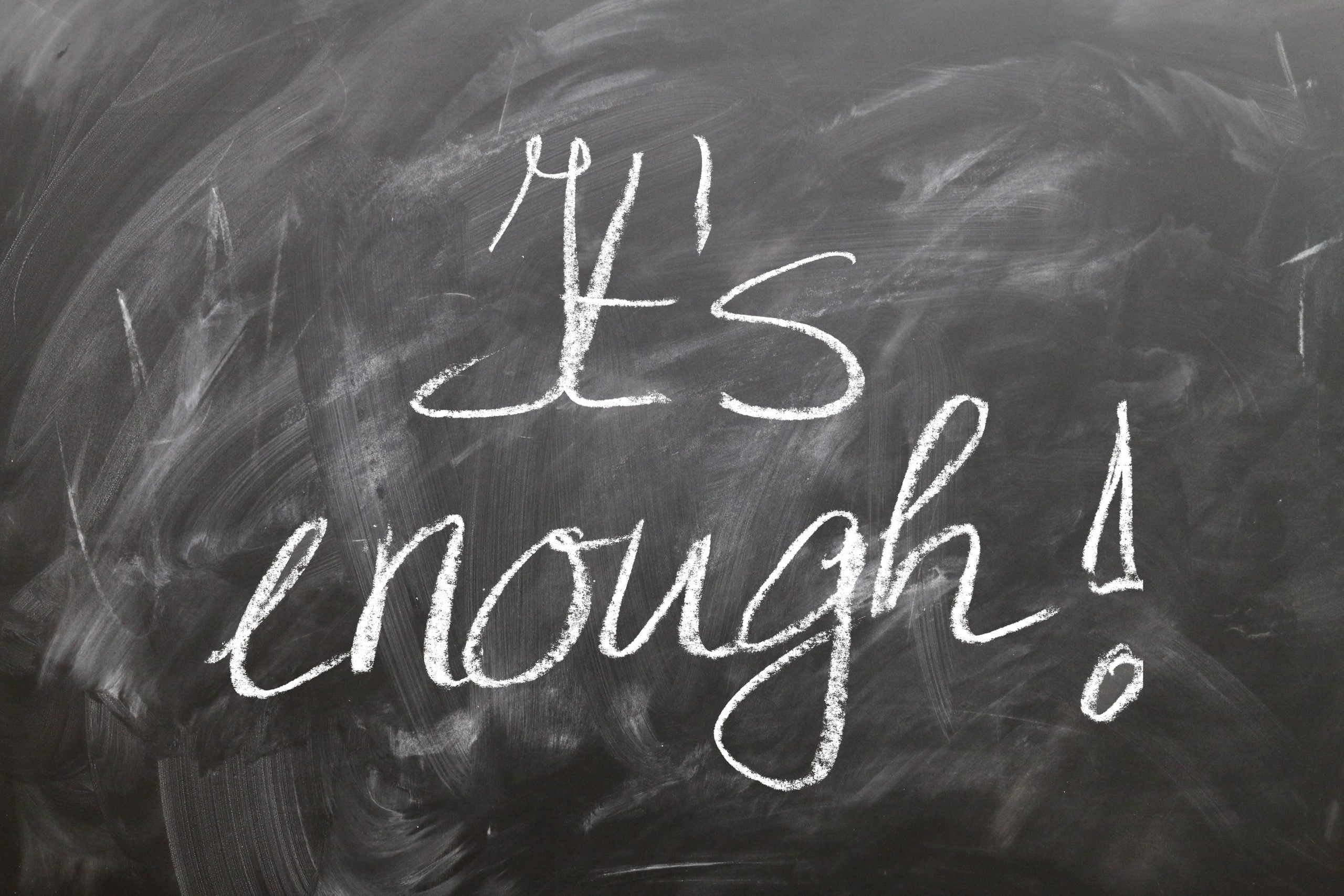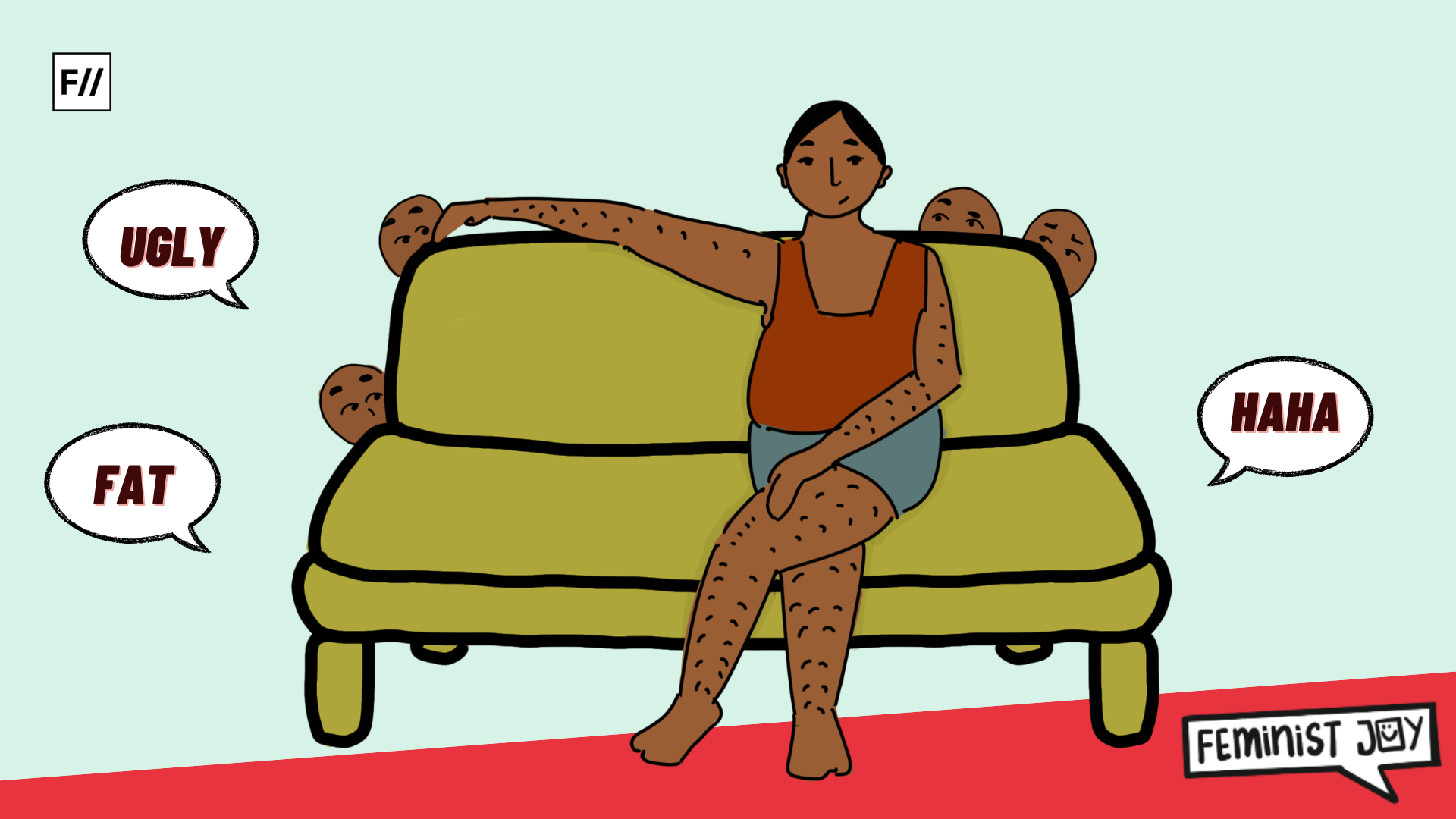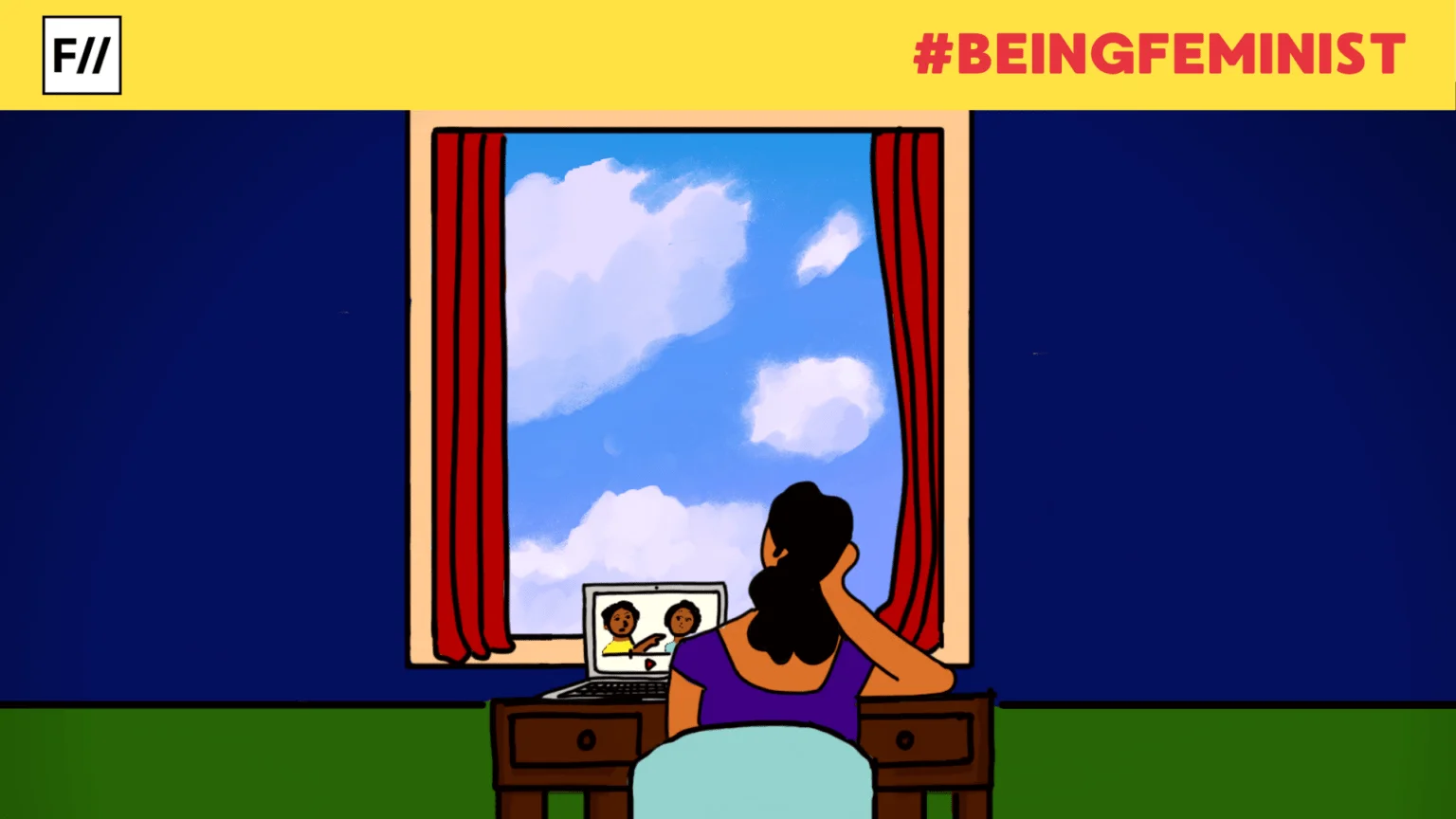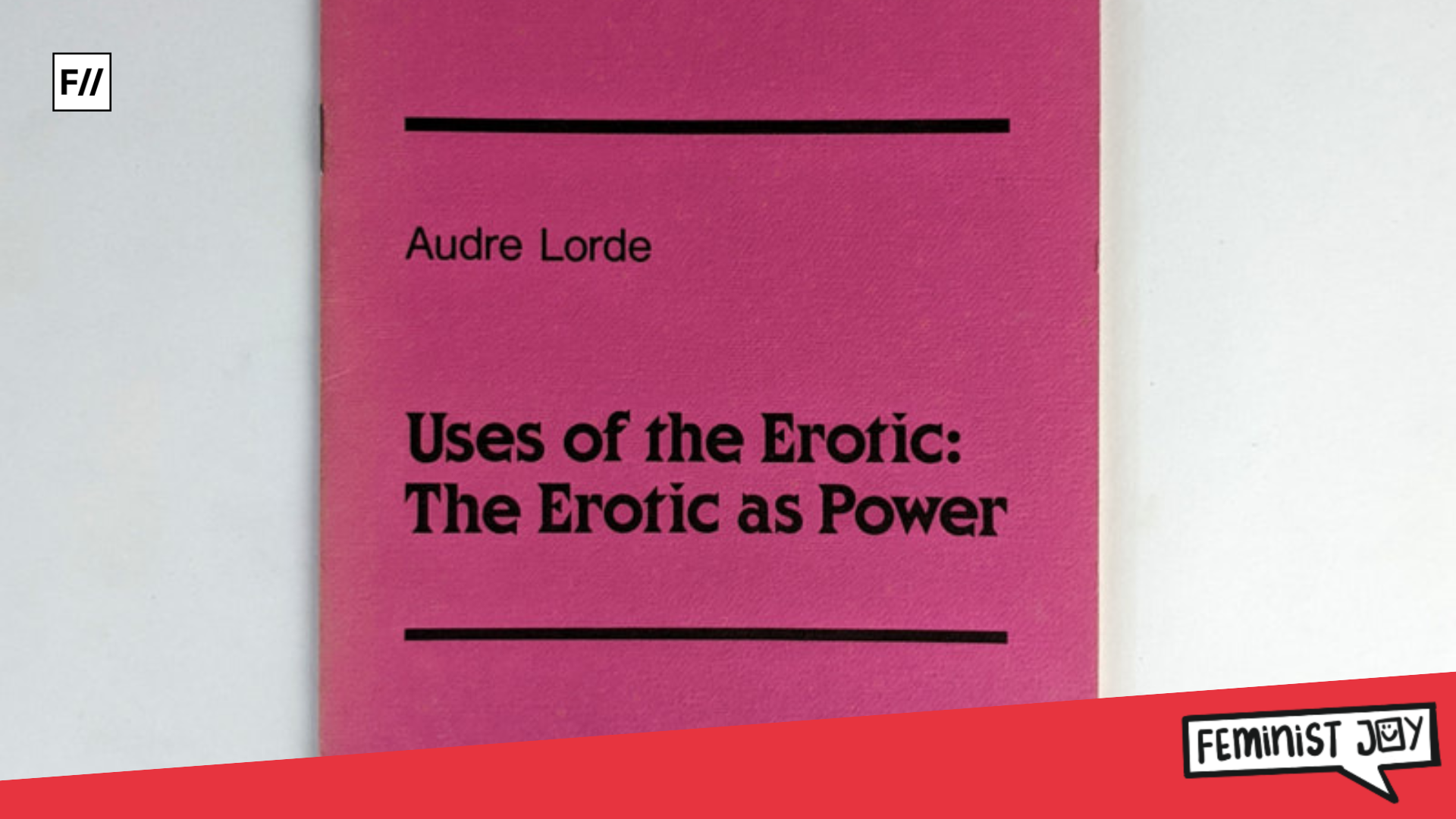Editor’s Note: This month, that is January 2020, FII’s #MoodOfTheMonth is Resistance and Hope, where we invite various articles on people’s thoughts on the topic- what resistance means to you, ways in which you resist oppressive structures and norms in your everyday life, your sources of hope and courage, etc. If you’d like to share your story, email us at maduli@feminisminindia.com.
Trigger warning- abuse, domestic violence, self-harm
The way one functions and behaves says a lot about one’s culture, thought process and lived experiences. Calling my family dysfunctional doesn’t fully capture what my family is and the environment I grew up in. It was more. Nine-year-old me had no clue what patriarchy was and whether or not women had a right to earn and live independently in society. And I never aspired to be one of those women around me. In my world, men were the kings and the only aspiration for women was to be chosen by a man who had a salary in five digits and belonged to a ‘good’ family. Even girls like me wanted to be equipped with household chores and settle with a man who earned well. Back then, I hated women.
My mother was married when she was 17 and my father was 21. In those days, my father didn’t have a proper job. He was the only breadwinner in the family, who had to ensure that he could feed his family of five, which included three daughters. We were taught to cover ourselves, never question, and follow all patriarchal norms. My mother suffered a lot and never failed at hiding it; I could feel it in air. She was traumatised, disrespected and sometimes beaten up.
I barely knew that what I was witnessing was termed as “domestic violence”. I was thirteen when my class teacher approached me, asking the reason of my silent behaviour, my lack of friends friends, and my low grades.
The oldest memory I have of one such situation is my mom lying on the floor and me sitting next to her trying to wake her up thinking that I had just lost her. Back then, I almost believed that my mum was subjected to such punishment because she failed to serve her man. I remember that she herself tried to show what gender roles women should follow to be acceptable to the society. Similar incidents occurred periodically and left me believing that one needs to please a man to be respected in society. And probably that’s how women begin to identify themselves as– by stating their relation with a man.
I barely knew that what I was witnessing was termed as “domestic violence”. I was thirteen when my class teacher approached me, asking the reason of my silent behaviour, my lack of friends friends, and my low grades. I stood their mute until she said, ” Do your parents fight too much?” After which I remember sulking and running out of the staffroom. I didn’t know whom to talk to until now. It’s just when I tried to break the silence with my elder sister,I realised that she too thought that our parents should separate. And even when we tried to share this idea with our mother, she stated us reasons why it was difficult to do so– economic dependence, societal pressure, and most importantly our future, something that she couldn’t stake. She called this “a mother’s sacrifice”.
Also Read: Here’s How You Can Contact Protection Officers For Domestic Violence
I don’t know if she did the right thing by staying on; our society teaches women to be more giving to everyone, to make sacrifices. I saw my mother fast for that man, even when she was severely ill. I saw her broken elbow and bleeding forehead after returning from school one day. I remember drowning my head in a bucket full of water and swallowing expired medicines that would end my breath and finally release me from this life. I hated the male species then. I just wanted to eradicate the thought that women are submissive and their subjugation is every man’s right. The most bizarre thing I heard then was that freedom and choice were rights only for men. The problem with my upbringing was that I was never taught what self-love meant and the importance of self-reliance. I was never taught the ideals of equality and and the aspirations of empowerment.
At sixteen, I learnt that in a man’s world you need to be economically independent because money is essential for one to be independent; to separate in a relationship, to file a divorce, to start something of your kind, and more importantly, to become self-reliant.
I was never formally introduced to feminist theory but I started reading Kamla Bhasin’s articles about patriarchy, capitalism, and other notable works, from which I learnt a great deal. Resistance for me was what I practised daily to not dress up like a ‘stereotypical’ woman, and talk or behave like one. At sixteen, I learnt that in a man’s world women need to be economically independent to be free– to separate in a relationship, to file a divorce, to start something of your kind, and more importantly, to become self-reliant.
And now that I am writing all of this, I am reminded of every girl around me while I was young, who were married away. I recognise my privilege of being able to choose career on my own, and live the kind of lifestyle I want. Now, I even try to talk to my father about feminism, patriarchy, and about defying gender roles. Resistance doesn’t come at once but gradually. There’s no perfect life and happy ending. And I am still fighting patriarchy, sexist jokes, and other misogynistic notions that create conditions for domestic violence to exist and thrive.
Also Read: Ghar Ki Baat: Reporting Domestic Violence And Tackling Resistance
Here’s short write-up I wrote back when I knew that what my mother was fighting has a term known as “domestic violence”:
“Inside the fabric lies my withered skin of wounds and marks,
And above it covers my powdered plastic.
My spirit raged in anger and yelled inside.
The reverberation of this could be sensed through my nerves
My body repelled his touch and my soul bled in distress.
He conquered my body with strength and violence
And I still try to value his presence.“
Featured Image: Pixabay





NOW u become feminist congratulation for your dark future !